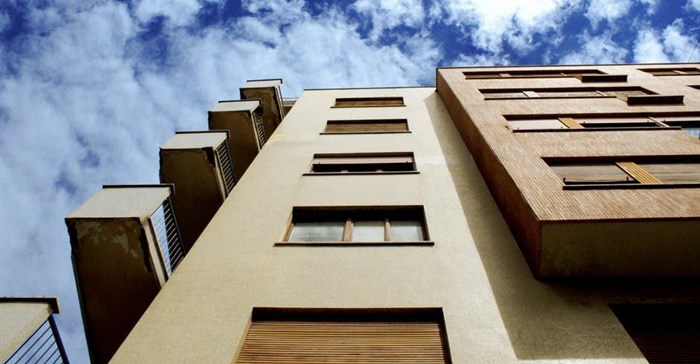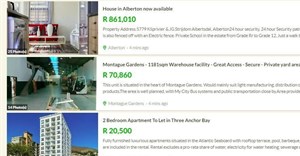
Subscribe & Follow
Jobs
- New Vehicle Sales Executive Johannesburg North
- Vehicle Sales Executive Johannesburg South
- Vehicle Sales Executive Cape Town Region
- Social Media Specialist Johannesburg
- Senior Graphic Designer Johannesburg
- Project Manager - Junior to Midweight Cape Town
- Advertising Sales Cape Town, Ballito
- Social Media Manager Centuron, Musgrave, Durbanville
- Student Recruitment Assistant Musgrave, Waterfall, Centurion, Bellville
- Print Supervisor - Signage and Displays Johannesburg
How to buy to let successfully

Start by researching the market. Chances are that you are unlikely to cover all of your costs via a rental. You may be putting money into your property for years before you see a return. Which is why it’s crucial to select a property that will grow in terms of equity. If you are looking for liquidity and a small return, you may be better off investing in an income-based fund or a fixed rate savings account.
Look for the right location. First-time investors often make the mistake of looking for the cheapest (or the most expensive) property. What you should be looking for is an area with the biggest potential. The best strategy would be to follow the infrastructure. A commuter belt, or a new development such as a school or employment hub, will send prices skyrocketing and lure renters. Cast your net wider than the town you live in – a rental agent can manage a property in the town with the best deal, even if it’s further from you.
Count the cost. You are probably looking for a rental income 125% of the mortgage repayment to cover the deposit and the mortgage, but don’t forget to factor in maintenance and legal costs, as well as the possibility that you may be stuck without tenants at some point in the near future. Take the risks into account before making a decision.
Have a Plan B. If you don’t find the right tenants or aren’t earning as well as expected, can you afford to renovate the property and flip it for profit? Does the area have the potential to be a great holiday rental? Planning for potential failures is planning for success.
Get the right tenant. Before you even consider which property to buy, you need to think about the tenants you want. A family with children or a couple starting a family are less likely to uproot and move homes after their lease expires, whereas a student will likely stay in their “digs” if it’s close to their university for at least three years. Young professionals will look for different features than a retired couple. And remember – tenants can come with a lot of headaches. Make sure that you engage with a rental agent to help alleviate the burden of management and to settle disputes. This raises the next question.
How hands-on will you be? I’m in favour of working with agents who not only have a network of suppliers that can resolve maintenance issues, but can also deal with tenants on your behalf, minimising your paperwork and day-to-day dealings with renters. However, you will make more money if you can manage viewings and maintenance requirements on your own. Interview agents before you interview tenants to make sure you understand the costs and the benefits.
Keep up with maintenance. Any void period where the property is empty is going to cost you in terms of your investment. Make sure that you keep up with maintenance requirements and conduct quarterly checks to ensure your rental property remains a great place to live. If you have a pet friendly property, ensure that you add a pets’ deposit to cover inevitable wear and tear. Make sure that your insurance is up to date and will cover the pitfalls – burst geysers, break-ins and other potential disasters.
There are plenty of buy-to-let millionaires out there and the strategy remains a great way to obtain assets at a low cost. Make sure that you have the time and the resources to keep up with a rental property or two, and you are sure to reap the rewards in time.















